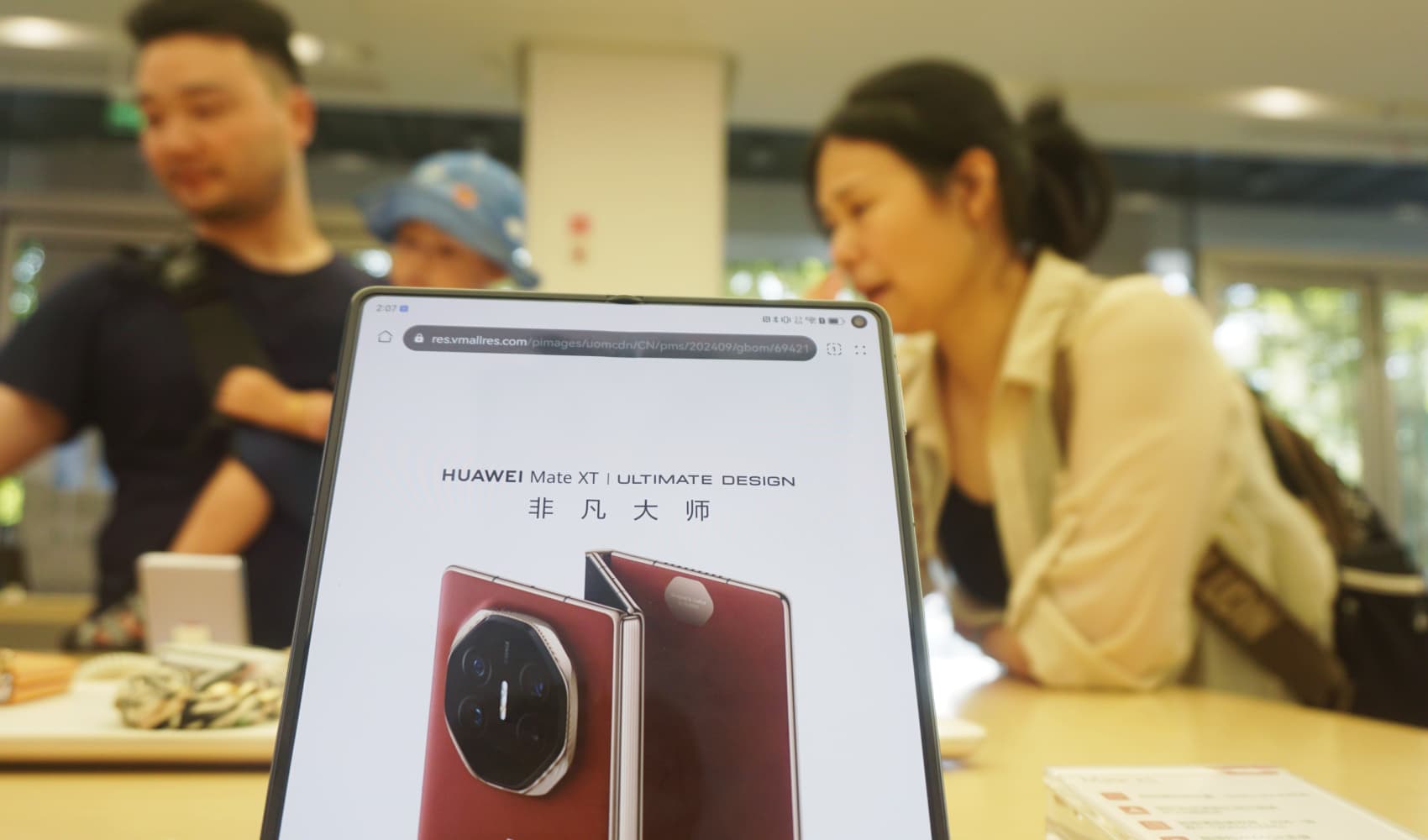
Earning the trust of your boss and the rest of your colleagues is a key foundation of building a successful career.
That's why Jeff Bezos wrote that good leaders "earn trust" as part of Amazon's famous list of 16 leadership principles. Despite sounding relatively simple, it's a guideline that people often get "wrong," according to Amazon CEO Andy Jassy, who replaced Bezos in that role in 2020.
"They sometimes confuse it with being nice to one another or having social cohesion or not challenging each other in meetings. That's not what we mean," Jassy said in a video posted online by Amazon earlier this month.
Earning the trust of those around you is not a matter of simply being agreeable and refusing to push back when you believe someone else is wrong, Jassy notes. Neither is it about trying to cover up, or downplay, your own mistakes.
"What we mean [by earning trust] is being honest, authentic, straightforward, listening intently but challenging respectfully if you disagree, and then delivering what you said you would," Jassy said. "If you want to earn trust: If you say you've got something, deliver it. If you own something and it's not going well, be self-critical, and fix it."
That advice goes to the heart of what Bezos wrote in Amazon's list of leadership principles, where he noted that good leaders should "speak candidly," while being "vocally self-critical, even when doing so is awkward or embarrassing."
Being candid, especially if you respectfully disagree with someone, shows a level of honesty and thoughtfulness, according to Jassy and Bezos. Owning up to your mistakes, while offering strong solutions, shows a level of humility, integrity, and even courage, that goes a long way in building trust for leaders, research shows.
Money Report
Jassy shared an example from when he led Amazon's marketing team in the early 2000s. During a "six-hour meeting," he presented the team's operating plan to Bezos and other executives with a 220-slide PowerPoint.
"About 10 slides in, Jeff interrupts me and he says, 'All of your numbers are wrong on this slide.' I was taken aback," Jassy said.
Feeling out of the loop? We'll catch you up on the Chicago news you need to know. Sign up for the weekly Chicago Catch-Up newsletter.
Bezos went on to "dissect" the numbers on the slide, and Jassy realized the Amazon founder was correct.
"I was, of course, embarrassed. And, I said, 'You're right. Those numbers are wrong.' And he said: 'Well, why should I believe anything else in this presentation if those are wrong?'"
Jassy apologized to Bezos and promised that the remaining 210 slides would be error-free, which they did turn out to be, he said. Overall he called the situation "a good learning experience."
Rather than sulking or lashing out at Bezos for calling him out publicly, Jassy saw the mistake as an opportunity to showcase his humility and his ability to learn and improve going forward. All of these traits helped engender trust. Bezos eventually promoted Jassy to be one of his top advisors and, later, named Jassy to succeed him as CEO.
"I wasn't resentful or mad at Jeff for pointing that out. I learned a very valuable lesson on what it means to dive deep and what it means to have ownership over the detail in your presentations," Jassy said. "And I earned trust by owning it, being vocally self-critical and actually getting better [and] providing a much better presentation [the] next time I presented."
Want to stop worrying about money? Sign up for CNBC's new online course Achieve Financial Wellness: Be Happier, Wealthier & More Financially Secure. We'll teach you the psychology of money, how to manage your stress and create healthy habits, and simple ways to boost your savings, get out of debt and invest for the future. Start today and use code EARLYBIRD for an introductory discount of 30% off through September 2, 2024.
Plus, sign up for CNBC Make It's newsletter to get tips and tricks for success at work, with money and in life.






